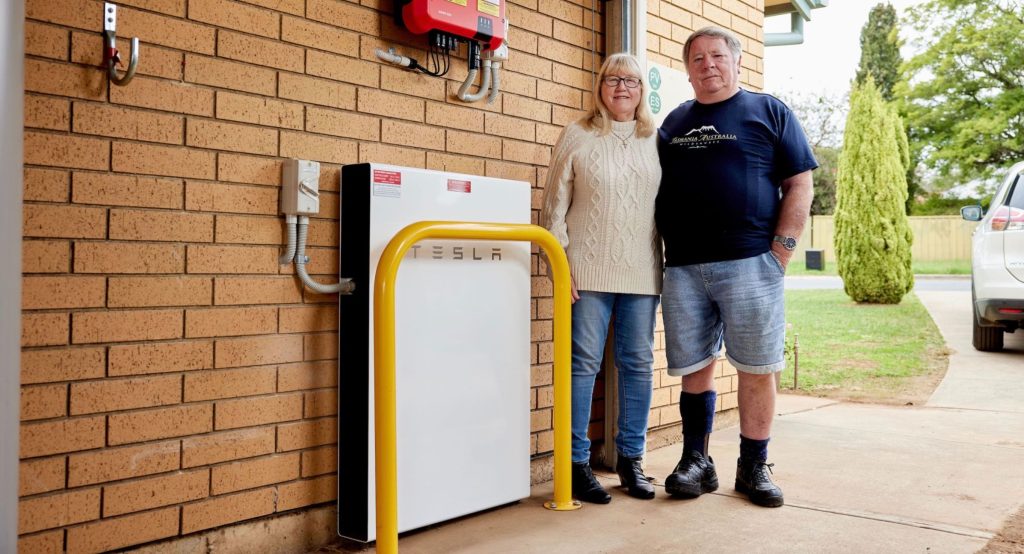
Tesla applied with the Australian Energy Market Operator (AEMO) to become a “Market Customer” in the electricity market in Australia – a move that is likely in preparation for the launch of its new “Tesla Electric” service in Australia.
Late last year, after gaining experience through its virtual power plants (VPPs), Tesla took things a step further with the launch of “Tesla Electric.”
Instead of reacting to specific “events” and providing services to your local electric utilities, as Tesla Powerwall owners have done in VPPs in California, Australia, and a few other markets, Tesla Electric is actively and automatically buying and selling electricity for Tesla Powerwall owners – providing a buffer against peak prices.
The company is essentially becoming an energy retailer.
Tesla Electric is currently only available to Powerwall owners in Texas, but the company has plans to expand its products through this new division.
We have recently seen efforts to bring Tesla Electric to the UK, and now we learn that Tesla is also setting its sights on Australia.
Robert Millar and Jon Sibley, distributed energy expert and consultant at the firm enX in Australia, found that Tesla filed with the Australian Energy Market Operator (AEMO) to become a “Market Customer” in the electricity market.
Sibley believes it means one of two options:
One option is Tesla becoming the FRMP for its large-scale battery and public charging assets. Tesla would need to also register as a scheduled generator for large-scale battery purposes (noting IRP changes could change AEMO’s registration definitions).
Another more interesting option is Tesla becoming an electricity retailer to sell energy services directly to end customers, potentially with a EaaS/MaaS angle. Tesla Energy Ventures was the name used for retail registration in Texas. There is no information yet on a AER retailer authorization or exemption process for Tesla.
The latter would mean that Tesla would be preparing to launch its Tesla Electric service in Australia, which would be a great market for Tesla to expand Tesla Electric into.
Australia has had a lot of power issues over the years as it retires aging infrastructure and tries to manage a high penetration of renewable energy, which destabilized energy markets due to the inconsistency of the power supply.
Tesla first got involved by supplying its Powerpack in a large energy storage project owned by Neoen that became known as the “Tesla Big Battery.”

While in the region during the launch of the big battery, Tesla CEO Elon Musk was interviewed and presented with the significant hardship that Australia’s high electricity prices are putting on low-income families.
The unstable grid and high electricity costs result in some families having to decide between keeping the lights on or going hungry.
The CEO was visibly emotionally affected by the issue and vowed that Tesla would “work harder” to help solve the problem.
He wasn’t kidding, because a few months later Tesla announced that it reached a deal with the South Australian government to install solar arrays and Powerwalls on up to 50,000 homes – many of them homes of low-income families.
The goal is to provide lower electricity rates to those families by using those Powerwalls together into a large virtual power plant that can provide grid services.

Over the last few years, Tesla has gradually deployed Powerwalls to homes all over South Australia – working toward that goal.
As of earlier this year, Tesla disclosed having deployed Powerwalls at 4,000 homes in the state, and it was authorized for another 3,000 under the program. The company also has similar projects in various stages in other states.
The more Powerwalls deployed in a market, the more potential customers for Tesla Electric.
Author: Fred Lambert
Source: Electrek



